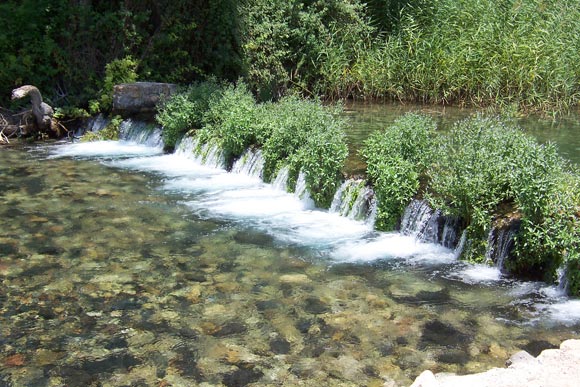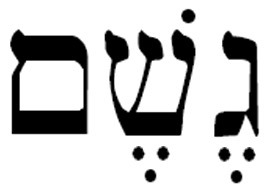by Lois Tverberg
“I will send rain on your land in its season, both autumn and spring rains, so that you may gather in your grain, new wine and oil.” Deuteronomy 11:14
One kind of living water that was considered a great blessing in biblical times was rain. Between the spring rains that ended in April and the fall rains that began in October, six months would go by with clear skies over Israel. When the rains returned again, it was considered to be a miracle directly from God’s hand. We can hear the positive attitude about rain from some ancient Jewish sources:
The day of rain is greater than the resurrection of the dead, because the resurrection of the dead benefits only the righteous, but rain benefits both the righteous and the unrighteous. (Babylonian Talmud, Ta’anit 7a)
Also, in an ancient commentary on Psalm 117:1 (Praise the LORD, all you nations; extol him, all you peoples.), the rabbinic discussion followed:
At what times are all men equal, and when do the nations worship God?”
“On the day when all rejoice.”
“When is that?”
“When the rain comes down, and all rejoice and praise God.”
It is interesting, then, that we as Americans do not rejoice – we look on rainy days as bad days. Because water is relatively abundant here, and because we can rely on reservoirs, irrigation and clean water piped into our houses, we actually curse the days that are blessings to us. When you think about it, our abundant food here is just as dependent on the rain that we complain about as the crops are in Israel, but we just have forgotten the blessing.
It is easy for us to forget to be thankful for our blessings – but even worse when we complain about good gifts simply because we have so much. How many other gifts have we forgotten to be thankful for? Maybe the next time we should pray the traditional Jewish prayer that is said when it rains, and other happy occasions: “Blessed is he who is good, and gives good things!”





